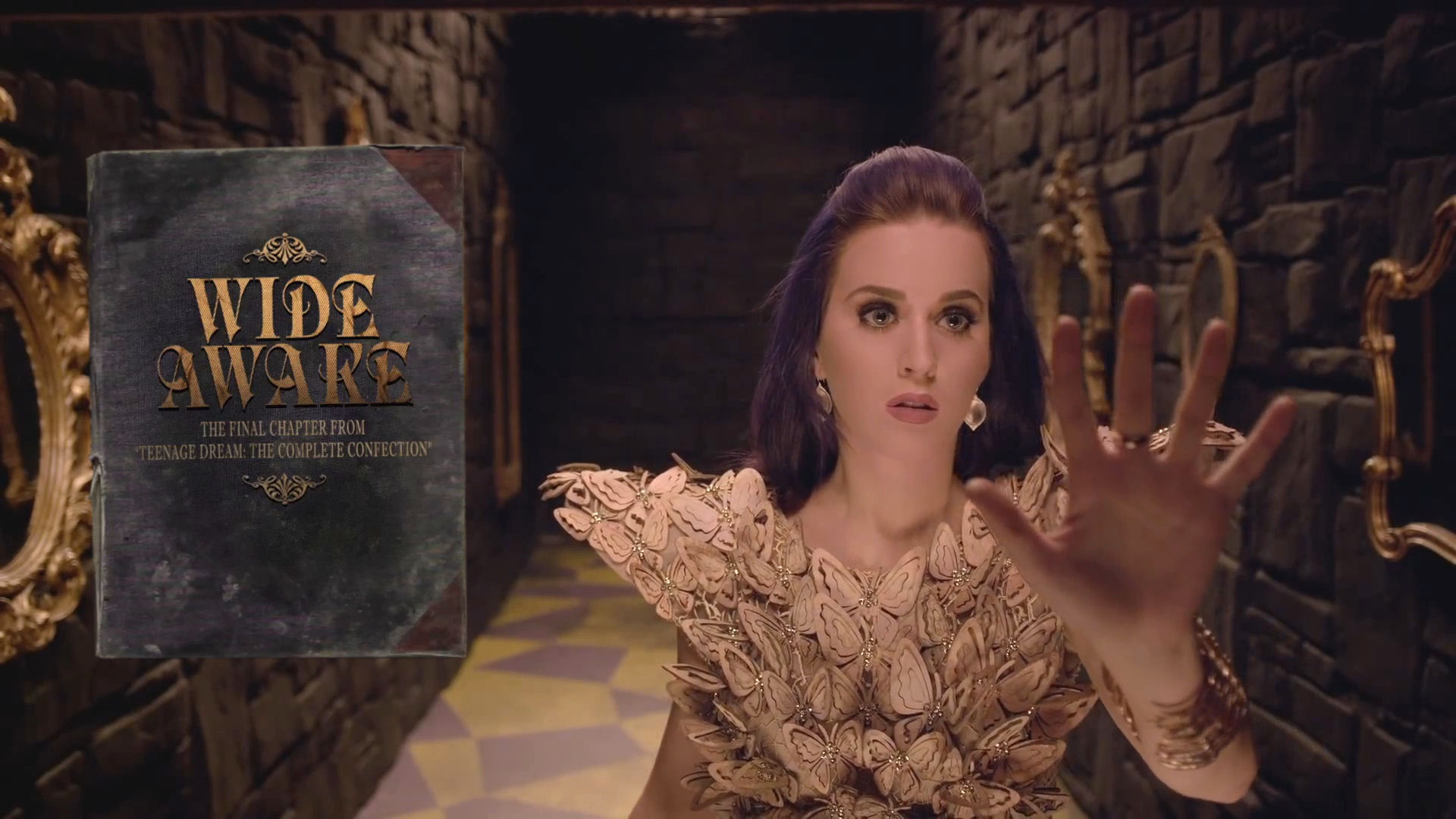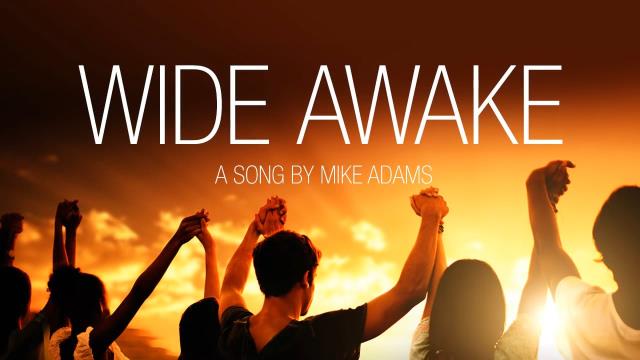

You will need to recognize the different forms and meanings in your reading but for your own work you can use wake up in any context or register. Answer (1 of 3): Where I live, most people would say, I just woke up or I’ve just woken up. I was taught that one can pretty much use them interchangeably. The verb forms for awaken are regular: awakens, awakened, was awakened. Instead, the phrasal verb wake up (past woke, past participle woken) is used in both transitive and intransitive senses: In the case of awake and wake, we may choose to use either the strong or the weak endings: awake / awoke / (have) awoken awake / awaked / (have) awaked wake / woke / (have) woken wake / waked / (have) waked In the case of awaken and waken, the weak ending is standard. It depends on the context, Awake and awaken are two distinct verbs that both mean 'to rise from sleep.' The verb forms for awake are irregular, but the most common choices are awake, awoke, and was awoken. These verb uses are fairly complicated but it is simplified by the fact that none of them are used much in colloquial English today (which is one reason why the past and participle forms are so variable). In pre-20th-century texts wake may also have another meaning: to “stay awake”. The verb wake, woke, woken/wakened is also used in both transitive and intransitive senses.

Awake is also an adjective:I was awake half the night worrying. Awaken is used especially in literature:The Prince awakened Sleeping Beauty with a kiss. Was awakened in a sentence Awakened sentence example. It is a regular verb: both the past and past participle forms are awakened: How do you use awaken The verb awake is usually used only in writing and in the past tense awoke:She awoke to a day of brilliant sunshine. Awake and awaken are two distinct verbs that both mean 'to rise from sleep.' The verb forms for awake are irregular, but the most common choices are awake, awoke, and was awoken. I have awoken/awakened early only twice this month.Īwaken is a transitive verb requiring a direct object. Which means if the market dips, this asset doesn’t nec Related Quora User Knows English Author has 602 answers and 543. It is an irregular verb, with the past form awoke two different past/past participles are in use, awoken and awaked: to awaken to wake up wake/woke/waked (or woken in British) awake/awoke/awaked (or awoken) awaken/awakened/awakened It has one of the lowest correlation to equities of any major asset class according to Citi. It may only be used as a predicate adjective, in the predicate of a clause, not as an attributive adjective before a noun:Īs a verb it is intransitive-it takes no object-and means “to become awake (adj)”. You might awaken your roommate accidentally by practicing your tap dance routine in the kitchen. What does it mean to be awaken To awaken someone is to wake them up. As an adjective it describes a person or animal's state. For the past perfect tense, you could say: I have awoken, or I have awaked.


 0 kommentar(er)
0 kommentar(er)
